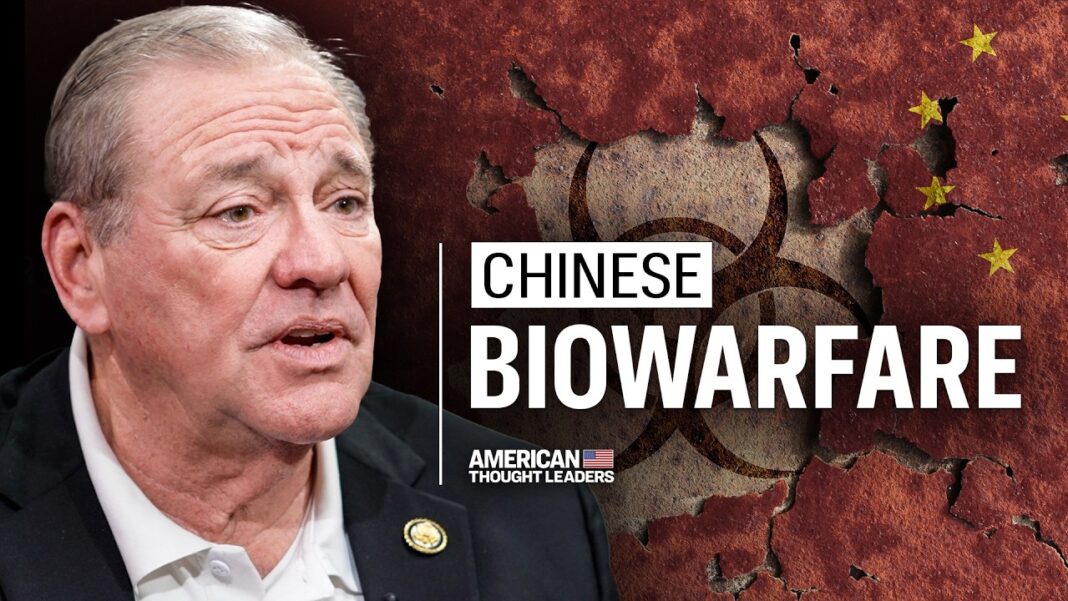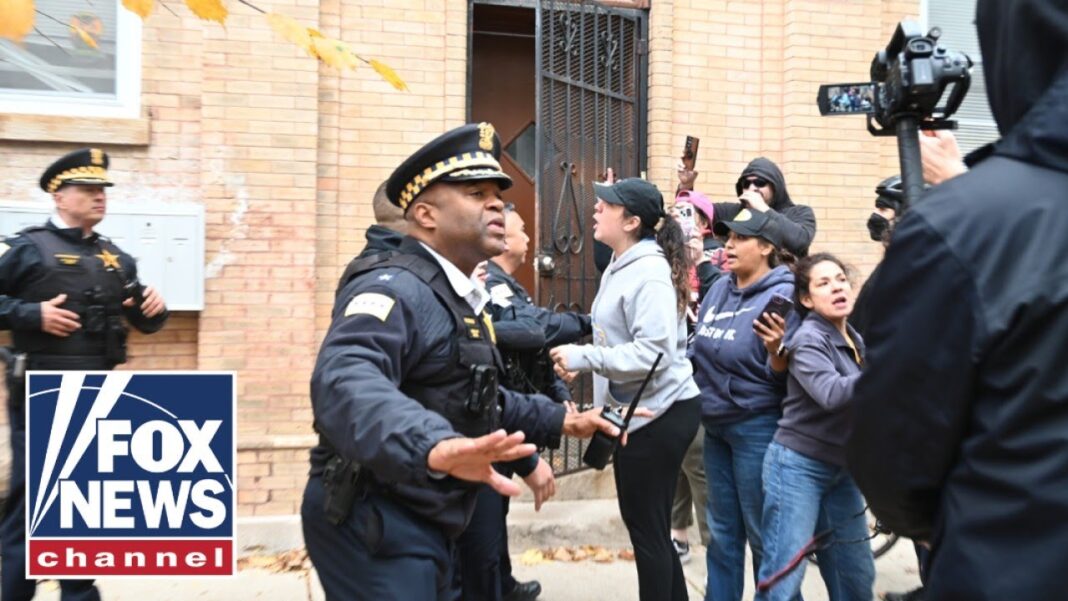The move follows months of tensions over South Africa’s land seizures, alleged human rights issues, and Pretoria’s closer alignment with China and Russia.
President Donald Trump said on Nov. 7 that no federal government officials will attend Group of 20 summit in South Africa on Nov. 22–23, accusing Pretoria of human rights abuses against white Afrikaners and illegal land seizures.
“It is a total disgrace that the G20 will be held in South Africa,” Trump wrote on Truth Social.
“Afrikaners (People who are descended from Dutch settlers, and also French and German immigrants) are being killed and slaughtered, and their land and farms are being illegally confiscated. No U.S. Government Official will attend as long as these Human Rights abuses continue. I look forward to hosting the 2026 G20 in Miami, Florida!”
South Africa’s foreign ministry called Trump’s remarks “regrettable” and said his claims were factually and historically inaccurate.
“The characterization of Afrikaners as an exclusively white group is ahistorical,” the ministry said in a Nov. 8 statement. “Furthermore, the claim that this community faces persecution is not substantiated by fact.”
The ministry stated that its focus remains on utilizing the G20 platform to promote global cooperation and share South Africa’s post-apartheid lessons in reconciliation.
It noted that its experience in overcoming racial and ethnic divisions makes it “uniquely positioned to champion within the G20 a future of genuine solidarity.”
Broader Dispute Over Policy and Human Rights
Trump’s decision not to send any officials to the G20 builds on his remarks on July 29 that he might skip the summit altogether and “send somebody else” in his place.
“I’ve had a lot of problems with South Africa,” Trump told reporters at the time. “They have some very bad policies.”
The president has repeatedly criticized South Africa’s domestic and foreign policies, including its land expropriation law and its accusations that Israel committed genocide in Gaza—claims Israel has denied.
Since the end of apartheid, South Africa has implemented what it calls affirmative action and Black Economic Empowerment programs to address historical inequalities. However, the government has rejected allegations that it seizes land belonging to white citizens or targets specific racial groups.
By Tom Ozimek







